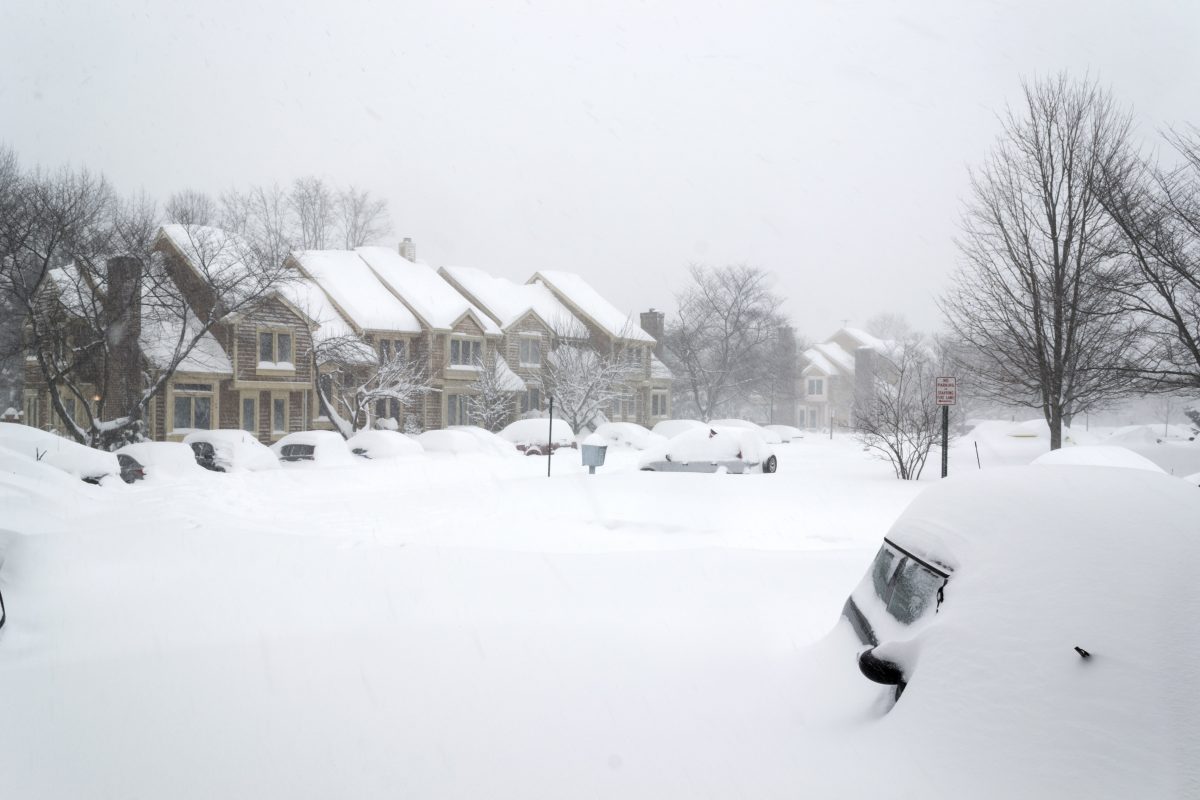Earlier this year, nursing homes, assisted living facilities, other businesses, and individuals found their establishments heavily damaged by severe hurricanes. Atlantic hurricane season will officially end on November 30th, and it is estimated that the probability of another hurricane or tropical storm striking the United States this final month is very low.
However, residential care facilities shouldn’t celebrate just yet: while hurricane season may be coming to a close, winter is fast approaching, and this brings another set of liabilities for residential care facilities, particularly those that house older residents or those with health problems, as this compromises their nervous systems and makes them more susceptible to injury and illness.
These are some of the most prevalent risks for nursing homes and assisted living facilities in the winter months:
- Slips and falls: Rain and snowfall can lead to slippery walkways, which could cause injury or worse if a resident were to fall. Facilities should constantly monitor their outside paths and ensure that they are safe for walking. If the weather has made conditions too dangerous, it may be best to keep residents indoors until conditions improve.
- Hypothermia: The Centers for Disease Control reports that over half of hypothermia deaths are among senior citizens. Facilities should be kept at a temperature of at least 65 degrees (with backup generators in place in the event of a power outage), windows and doors should be reinforced to keep cold air out, and residents should be encouraged to wear warm and layered clothing.
- Influenza: As senior citizens have weakened immune systems, they are at risk of developing the flu, which could potentially develop into pneumonia or another dangerous secondary infection. Residents should be vaccinated prior to flu season, and facilities should be kept sanitary and monitored to prevent the rapid spread of disease.
- Poor mental health: In the colder months, it is not uncommon for people to develop Seasonal Affective Disorder (SAD) as a result of the cold weather and shorter days. An estimated 6.8% of seniors have reported feeling emotionally distressed in the winter months. In addition, if the weather is bad enough to impede travel or visitation, residents could feel socially isolated.
- Driving: If residents are able to drive or they are driven around by a staff member, icy or wet roads and poor visibility could lead to accidents. Be mindful of weather conditions, and only allow those who are prepared for them to drive.
In addition to the aforementioned health risks, winter brings the risk of severe property damage to the facility. Strong winds, heavy rains, and snowstorms could damage the facility’s outer structures, which could give the cold weather an entryway into the facility, leading to hypothermia or frostbite. Before the weather grows stormy, all nursing homes should have their facilities inspected in order to ensure that they are capable of withstanding powerful weather. As we saw during the hurricane season, facilities with poor disaster planning could find their residents victims of the disasters, leading to a tragedy for their family members and a general and professional liability nightmare for the facility.
About Caitlin Morgan
Caitlin Morgan specializes in insuring assisted living facilities and nursing homes and can assist you in providing insurance and risk management services for this niche market. Give us a call to learn more about our programs at 317.575.4454.


